Addressing and Preventing Shingle Blow-Off
•
Written By
Punum Roofing of Houston, Inc.
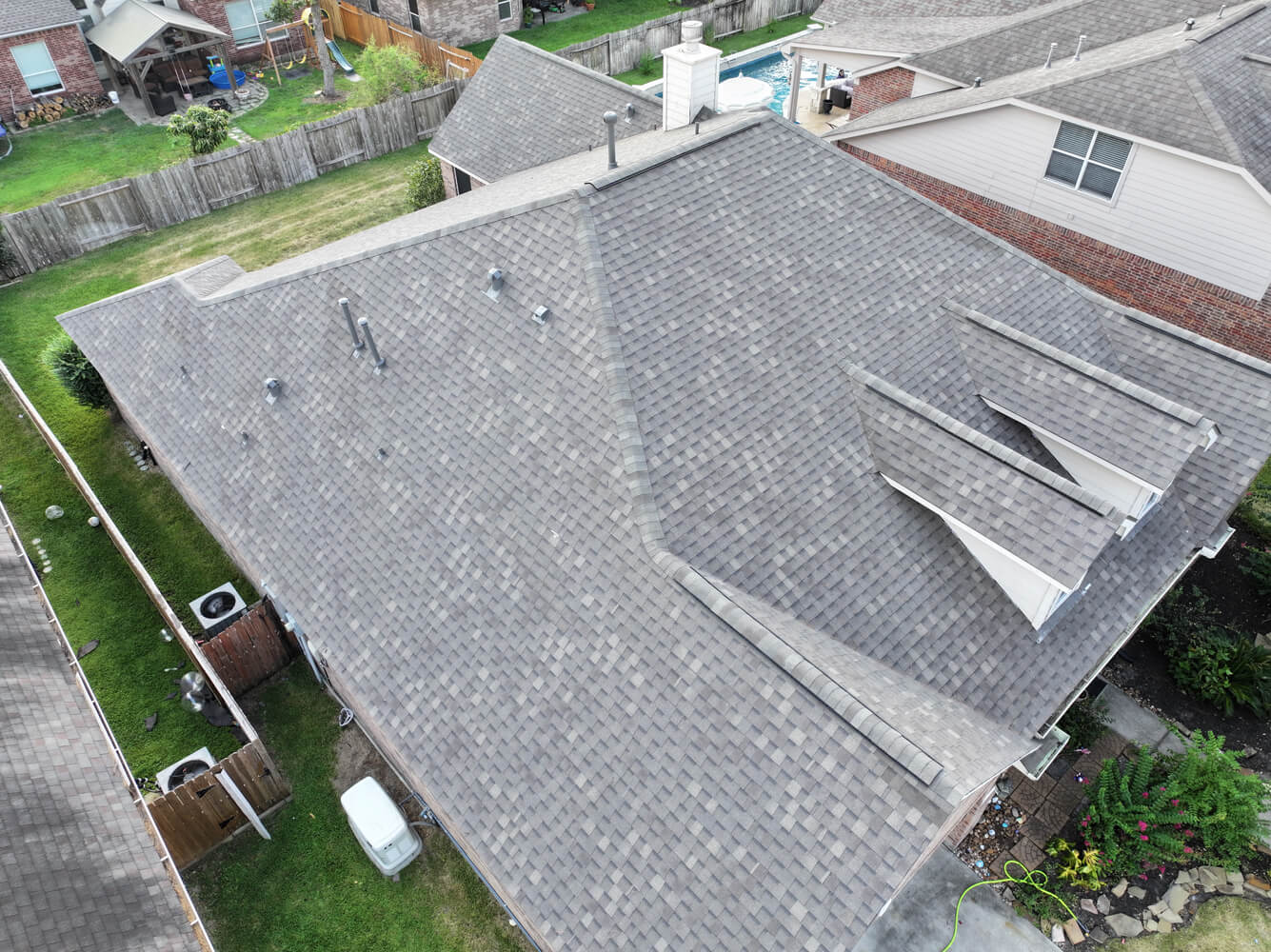
Shingle blow-off is a common issue that can affect most roofing systems. Understanding the causes of shingle blow-offs and potential solutions will help homeowners protect their homes against this type of roof damage.
What Is a Shingle Blow-Off?
A shingle blow-off occurs when wind speeds cause an uplift force on individual asphalt shingles that are loose or improperly secured to the roof deck. If shingles become dislodged from their original location on the roof surface, it can lead to significant damage, such as water leakage into your home.
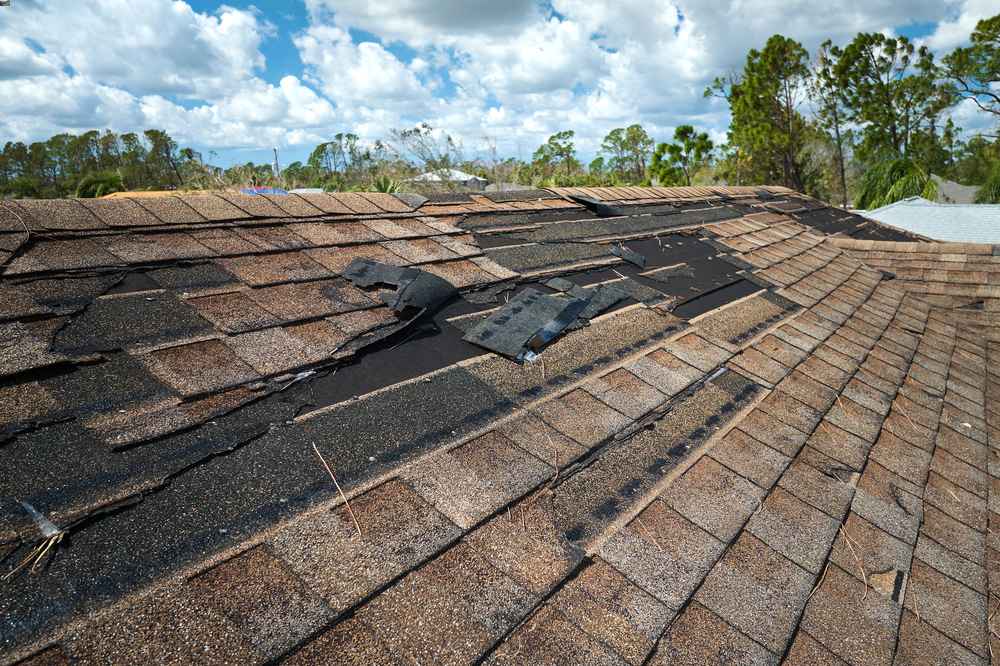
Possible Causes of Shingle Blow-Off
The following reasons cause shingles to become loose or dislodged.
- Poorly Installed Roof – If a roof was installed incorrectly by cutting corners, there is an increased risk for a shingle blow-off during high winds since the structure has been compromised. They won’t be able to hold up against higher levels of pressure created by windy conditions outside over time.
- High Wind Speeds – Higher than normal sustained wind speeds increase the chances of blown shingles and other related roof damage.
- Low-Quality Shingles – Low-quality products often don’t provide the same level of protection as those made with better materials and processes. This leaves your shingles vulnerable to being torn apart in extreme weather events like the ones regularly experienced in Houston.
- Improper Nailing – In some cases, nails may not be driven deep enough into the roof deck or placed far apart from each other when attaching shingles. Strong gusts can cause shingles to blow off when the attachment is not secure.
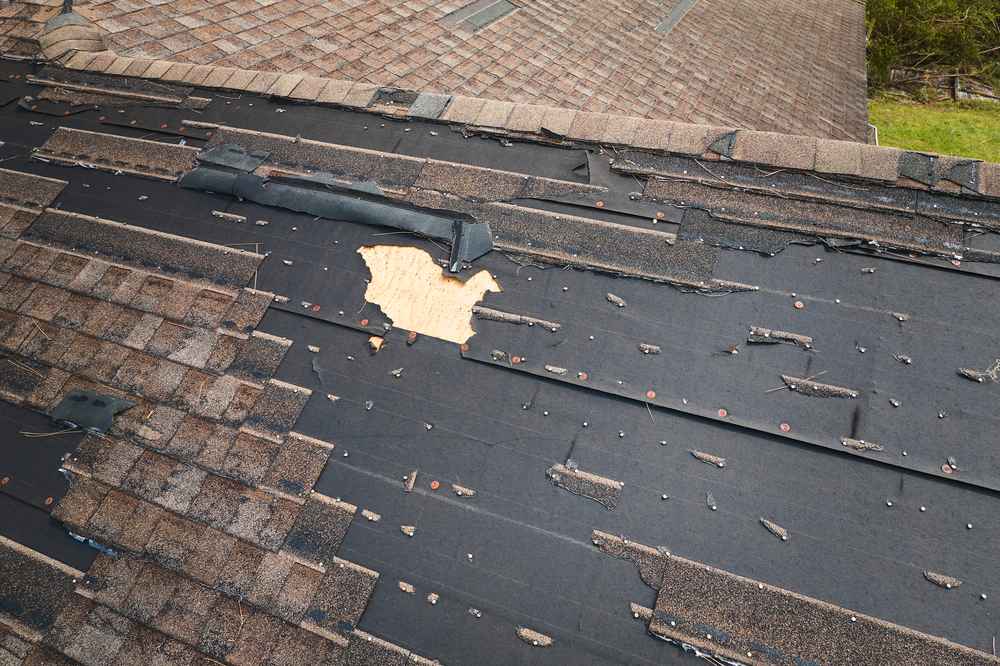
Fixes for Shingle Blow-Off
To address the issue of shingle blow-off:
- Ensure that your roofers are using the correct nailing pattern when installing new shingles so that they are securely attached to the roof deck and can withstand powerful winds common in this area without issue.
- Install an ice and water shield to protect your roof from moisture damage caused by heavy rains during thunderstorms or hurricanes.
- Add synthetic underlayment, which can also help improve your home’s ability to resist strong winds. This additional layer of defense helps keep shingles firmly attached.
- Use high-quality asphalt singles manufactured specifically for tropical climates, as these will greatly reduce the chances of them becoming loose or dislodged.
For more information on how to protect your home against shingle blow-off, contact Punum Roofing of Houston, Inc. Call us at (713) 466-4447. You can also fill out our convenient online form. We’re always ready to help!
Recent Articles
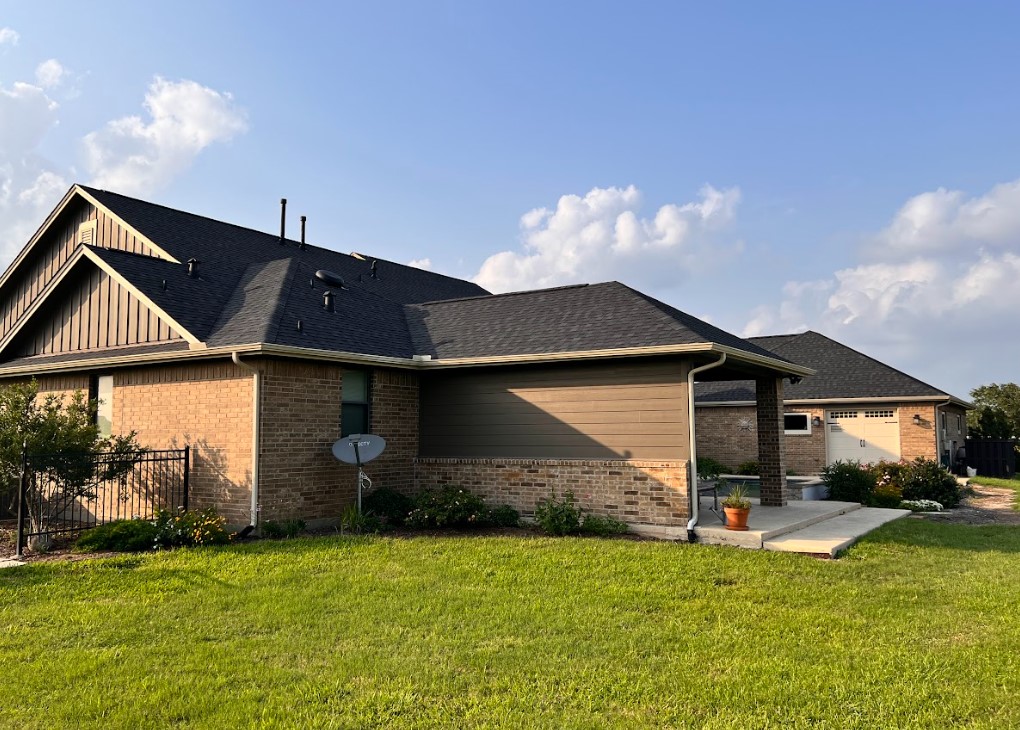
Residential Roofing
Houston Heat & Humidity: How Your Roof Handles Moisture Before You Ever See a Leak
A good roofing system is built to manage moisture long before panic sets in. It sheds rain, releases trapped vapor, and protects the structure from slow, sneaky damage.
February 11, 2026
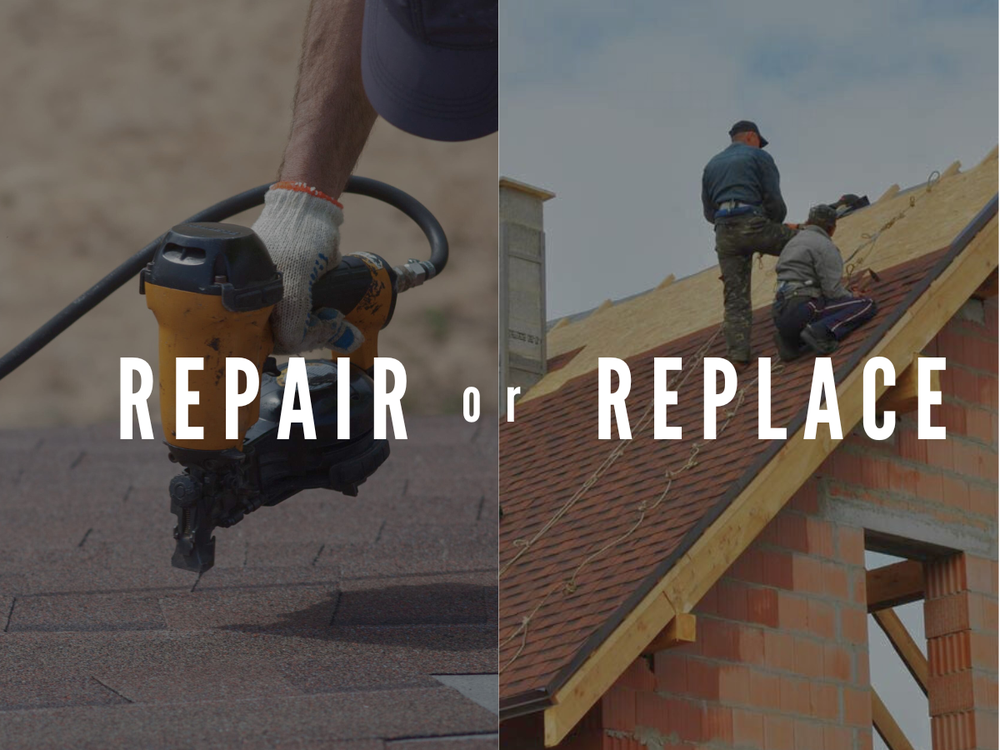
Roof Repairs vs. Full Replacement: How to Make the Smart Call in Houston’s Climate
Repair or replace your roof? Learn how Houston’s heat, storms, and humidity impact lifespan, costs, and when replacement becomes the smarter long-term choice.
February 4, 2026
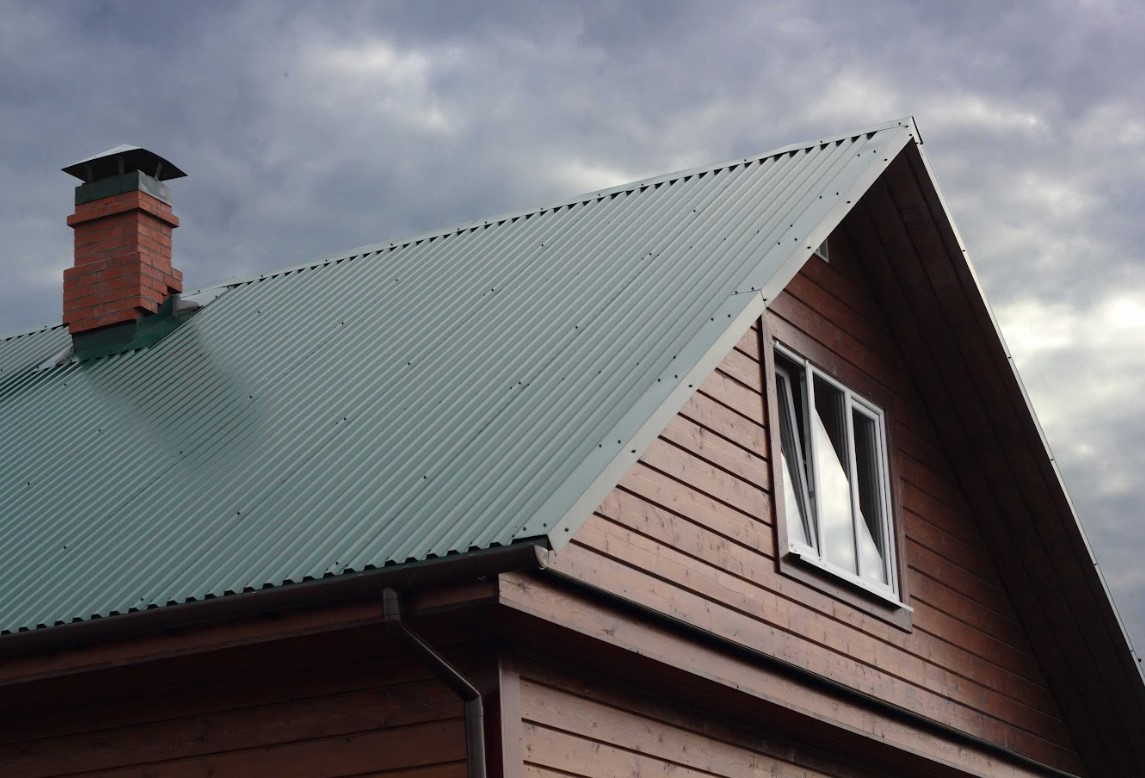
Residential Roofing
Metal Roof Myths Busted: The Truth About Noise, Cost, and Durability
Homeowners across Houston are quietly installing metal roof systems that handle brutal sun, sideways rain, and temperature swings without blinking.
February 2, 2026
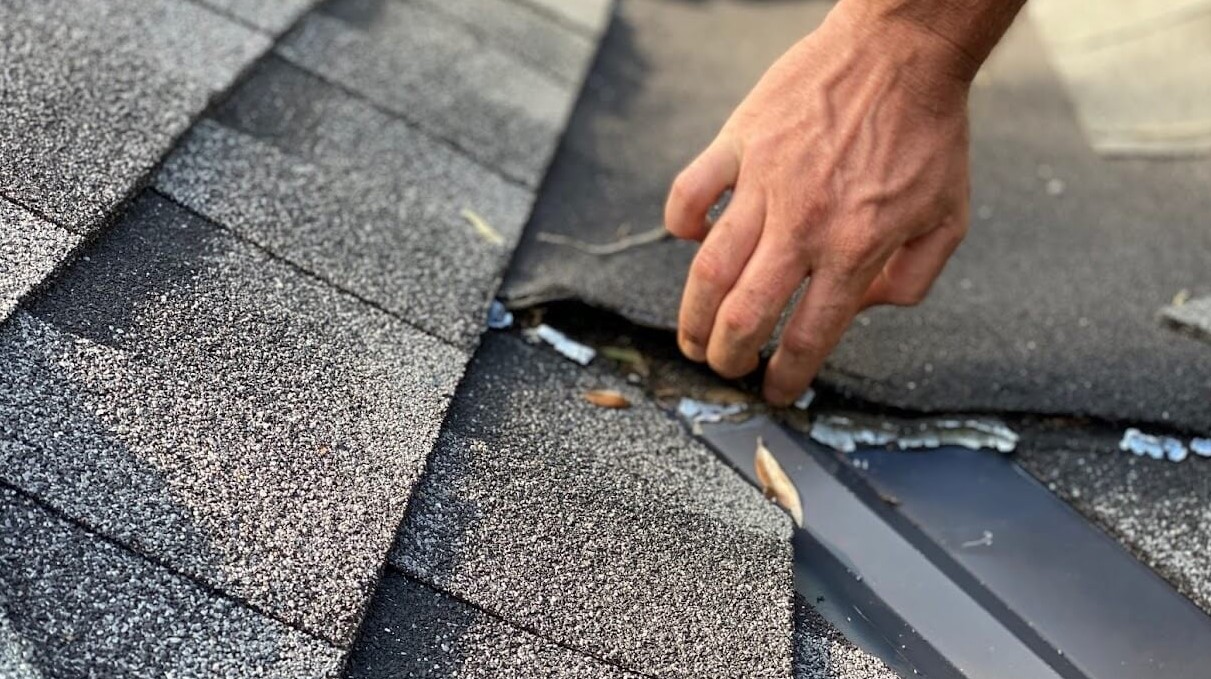
Residential Roofing
Spring Storm Season Is Coming: Is Your Roof Ready for Houston’s Weather Swings?
Spring along the Gulf Coast has a personality all its own. Small winter damage becomes big spring leaks and a quick roof inspection today costs far less than emergency repairs tomorrow.
February 1, 2026

